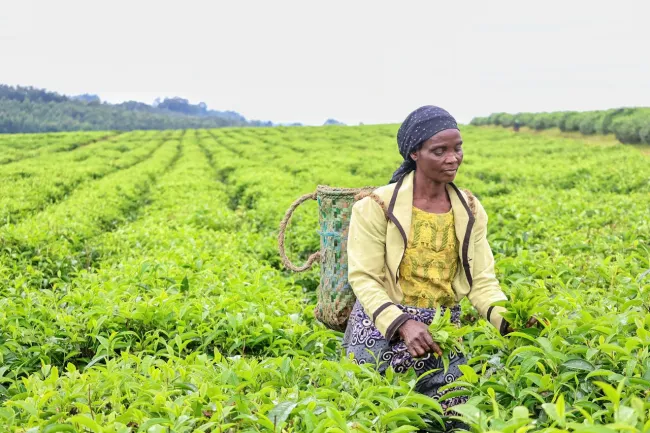This report by the Malabo Montpellier Panel explores strategies to boost Africa’s processing capacity and the challenges that currently hinder its growth and sustainability. It highlights successful case studies in Senegal, Kenya and Ghana.

Publisher’s Summary
Africa's rapid population growth, urbanization, and rising incomes have led to a growing demand for processed foods. The continent's economic growth has contributed to its rapid urbanization, and the parallel increase in income has led to a growing middle class, projected to increase to approximately 1.1 billion by 2060.
As is the case globally, Africa's urban dwellers face time pressures and high energy costs. This results in increased demand for convenient foods that require less preparation time—processed foods. Across Africa, the increasing modernization of the retail sector coupled with the high demand for shelf-stable, ready-to-eat, ready-to-cook, or easy-to-prepare processed foods is altering food environments and, consequently, changing dietary patterns, particularly among urban households.
The increased demand for processed foods provides an opportunity for Africa's food processing sector to grow and contribute to economic growth; however, the continent remains a net and growing importer of processed foods. Africa now has an opportunity to benefit from its growing urban markets and accelerate its transition from primarily producing and exporting raw agricultural commodities by increasing production in its growing food processing sector.
The 14th Malabo Montpellier Panel report — VALUE-UP: Policy Innovations to Advance Africa's Food Processing Sector for Growth, Jobs, and Health — focuses on strategies to boost Africa's food processing sector. The report reviews the potential contribution of the emerging food processing sector to economic growth and the challenges hindering the growth and sustainability of the sector. Then, it demonstrates a range of solutions and opportunities that can enhance the sector for economic transformation.
The report highlights examples of government actions, in particular, that have resulted in thriving food processing industries across Africa. It examines successful strategies implemented by various African countries, focusing on three systematically selected countries: Ghana, Kenya, and Senegal, which have shown success and progress in the growth of their food processing sectors. Their experiences are noteworthy for adoption and scaling by other African countries.
Reference
Read more here. See also the TABLE explainer, What is food sovereignty?




Comments (0)